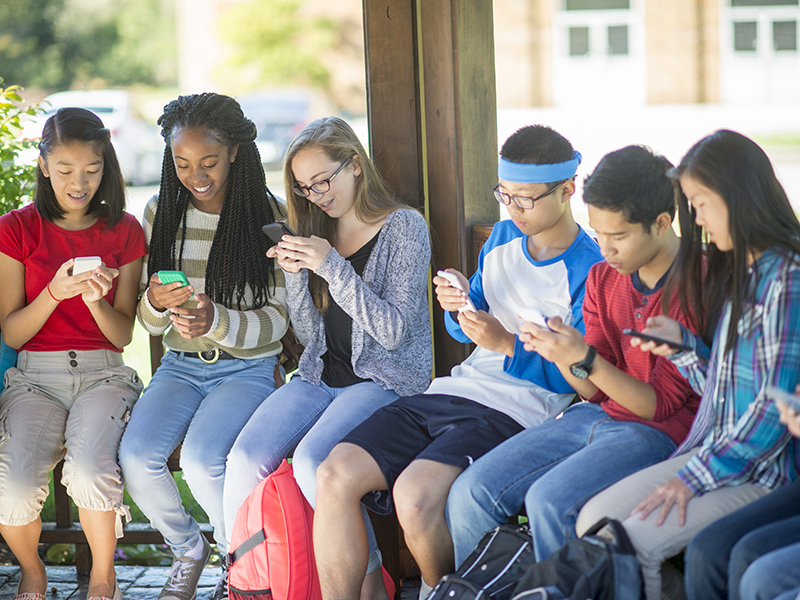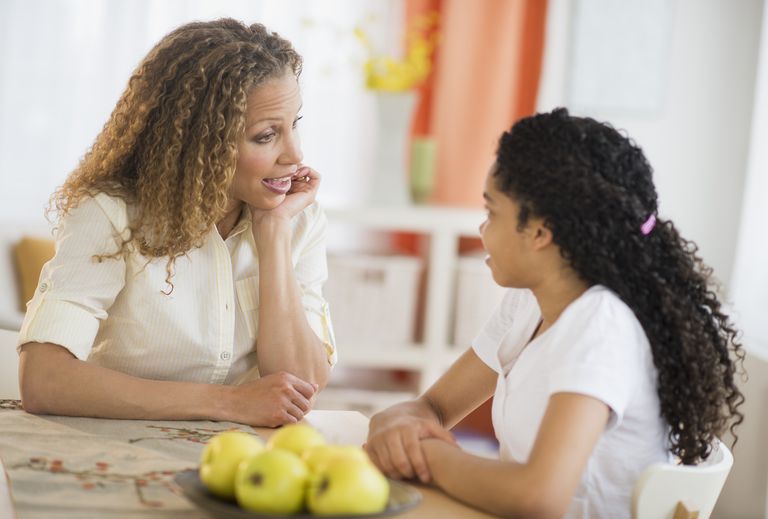Last year, when my son was 13, his father and I learned that he had been part of a “group chat” with other adolescents—a handful or so boys and one girl—via some Smartphone app (yes, I’m a bit of a techno luddite), in which the quote-un-quote chatting eventually devolved into a crude conversation between two of the “chatters” that involved mention of girls performing sex acts. Until then, I had naively assumed this group of 13-year-old boys was as angelic as they looked.
I only learned differently because one of the boy’s parents had surreptitiously intercepted the online messages by stealing glances at her son’s phone and sharing her shocked findings with the rest of us (parents).
While I was disappointed in my son’s choice not to stand up to his friends and say “Whoa, guys, this is going too far,” (one of the boys, I’m happy to report, did just that), I was glad to find out about the incident because it allowed for a lesson on respectful discourse via all means of conversation, particularly social media—and a punishment. What the incident did not lead me to do, however, was change my position on whether or not to police my teenagers’ social media accounts.
I absolutely believe that parents have the right to know what their teenage children are up to. I feel like too many parents turn a blind eye to their teens’ behavior. And, as we all know, much of the “behavior” that takes place in the lives of teens today is recorded in the very public forum of social media. Teenagers don’t call one another and talk endlessly to their best friends the way we used to as teens, but they spend plenty of time communicating with their friends by tapping their fingers against the tiny keys of their phones. How much of this online behavior and communication parents should be privy to depends on whom you ask.
Just the other day, a girl friend of mine shared with me how she reads every text exchanged between her 14-year-old son and his first-ever girlfriend—unbeknownst to either her son or his girlfriend. “So you’re basically wiretapping your son?” I said.
She defended her position, reasoning that this young love was new for her son, and that she felt she basically needed to be there every step of the way, so she could be prepared to somehow guide him as he waded into unknown territory. My friend explained her rationale with great conviction that she was doing the very best thing for her son. But I wasn’t so sure.
I have a duty to make sure my teenagers know right from wrong, that they respect boundaries and, most importantly, that they respect themselves and others. In turn, I feel the need to respect my teenagers by allowing them to have private conversations with their friends via their phones and, when the time comes, love interests. If ever they give me a grave reason to intercept their social media messages (e.g., suspected drug use, abusive relationship, etc.), I would not hesitate to do so. Until then, I plan to give them space to “chat” with their friends privately.
What are your thoughts on monitoring teens’ use of social media? Tell us in the comments below.











